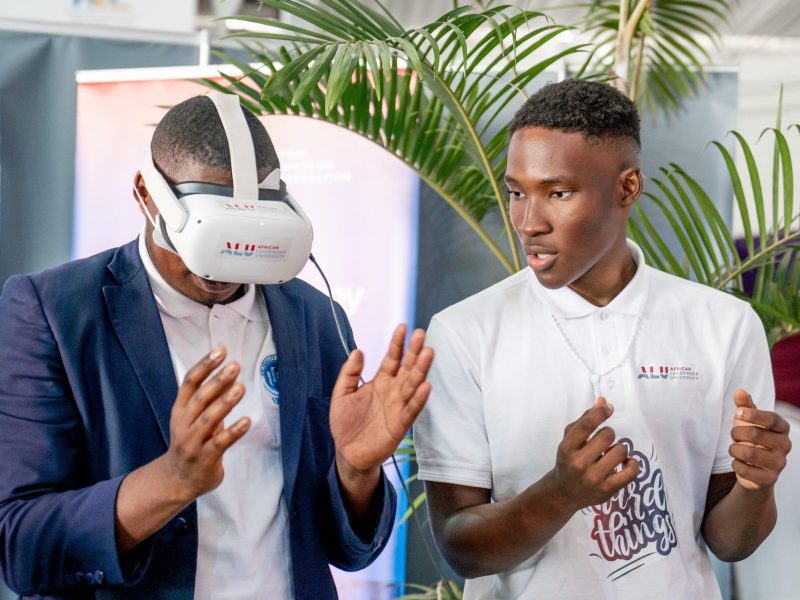From Potential to Impact: Advancing Africa’s Health Workforce and Innovation Ecosystems
Livestream
October 20–22, 2025 – 4th Annual Convening
October 23–24, 2025 – MELA Workshop
About the 2025 Convening
The Africa Health Collaborative is excited to host its 3rd annual Convening from October 20–24, 2025, at the Marriott Hotel in Kigali, Rwanda. This landmark event will bring together a vibrant network of health leaders, innovators, educators, policymakers, and young changemakers from across Africa and beyond—each working to build stronger, more inclusive primary healthcare systems.
Convening Theme:
From Potential to Impact: Advancing Africa’s Health Workforce and Innovation Ecosystems
This year’s theme speaks to our desire to amplify what’s already working in health, scale bold innovations, and strengthen the people and institutions driving progress on the ground. Together, we’ll explore how to:
Strengthen cross-institutional collaboration to address health challenges through joint programming and shared tools.
Showcase models of workforce development that align with Africa’s evolving health needs.
Review community-based and locally led models that universities and training institutions can learn from, adapt, or integrate into their programs.
Develop tangible commitments and partnerships to advance AHC’s collective goals beyond the convening.
In the vision of the Africa Health Collaborative and its partners, the Convening will catalyze momentum toward training over 30,000 skilled primary healthcare workers; upskilling 60,000 existing healthcare professionals, supporting 5,000 ventures, creating 20,000 jobs, and expanding access to quality care for communities across the continent.
What to Expect
Attendees can look forward to an immersive experience designed to inspire, connect, and catalyze impact:
- Plenary Sessions & Panels: Engage with continental and global leaders in health, policy, and innovation.
- Young Leaders’ Forums: Spotlighting the ideas and contributions of emerging health leaders.
- Experiential Learning Tours: Visit health innovation hubs and community-based health projects in Kigali.
- Cultural Experiences: Discover Rwanda’s unique heritage, resilience, and creativity.
- Networking Sessions: Build meaningful partnerships across institutions, sectors, and regions.
- Showcase & Visibility Opportunities: A platform for young health leaders to present their work, amplify their voices, and connect with peers, institutions, and continental networks shaping health systems across Africa.
Abridged Program Schedule
This is a program line-up, tentative to change.
Sessions on 19th October 2025:
- Session ONE: Executive Masterclass (by invitation only)
- Session TWO: Founders Showcase (Health Entrepreneurship)
Sessions from 20th to 22nd October 2025:
- Session ONE: Opening & Pre-Meetings
- Session TWO: Working Sessions
- Session THREE: Site Visits
- Session FOUR: Young Leaders Meeting
- Session FIVE: PAC Breakout Sessions
- Session SIX: Breakout Sessions: Building an enabling environment for Health Entrepreneurship
- Session SEVEN: Breakout Sessions: Community-based models for Healthcare Innovation
- Session EIGHT: Breakout Sessions: The Future of Health Workforce
- Session NINE: Breakout Sessions: Networking Cocktail
- Session TEN: Breakout Sessions: Collaboration and cross-learning: Amplifying institutional strength
- Session ELEVEN: Collaborative Planning/Commitments
- Session TWELVE: Closing Ceremony
- Session THIRTEEN: Gala Dinner
Sessions from 23rd and 24th October 2025:
- Media and Messaging Training (by invitation only)
- MELA Workshops (by invitation only)
African Leadership University (ALU) is a pioneering institution with campuses in Rwanda and Mauritius, focused on developing Africa’s next generation of ethical and entrepreneurial leaders. Through its School of Health, ALU champions innovation and youth-driven solutions to transform health systems across the continent.
Convening Details
October 20–22, 2025 – 4th Annual Convening
October 23–24, 2025 – MELA Workshop
Venue: Marriott Hotel, Kigali, Rwanda
Google Maps Directions
Weather and Clothing Guide for Kigali
Temperature: Daytime 26–28°C (79–82°F), evenings cooler at 16–18°C (60–64°F)
Rainfall: Light to moderate showers possible, pack an umbrella or light raincoat
Clothing: Light, breathable clothing during the day; a light jacket or sweater for evenings
Conference Attire: Business casual or smart traditional wear
About the Africa Health Collaborative
The Africa Health Collaborative is a multi-year partnership working to strengthen primary health care systems across Africa through health workforce development, education, innovation, and entrepreneurship. The Health Collaborative brings together the Mastercard Foundation, Amref Health Africa, Addis Ababa University, African Leadership University, African Institute for Mathematical Sciences, Ashesi University, Kwame Nkrumah University of Science & Technology, Moi University, the University of Cape Town, and the University of Toronto.
The Collaborative focuses on preparing and positioning young people to drive meaningful impact in three critical areas:
- Health Employment: Developing a skilled, mission-driven health workforce ready to serve communities.
- Health Entrepreneurship: Fostering innovation and enterprise to solve pressing health challenges.
- Health Ecosystems: Strengthening systems that support access, equity, and resilience in Primary Health Care.
By centering youth leadership, locally grounded solutions, and collaborative action, the Africa Health Collaborative is building a future where African-led health systems are resilient, inclusive, and sustainable.
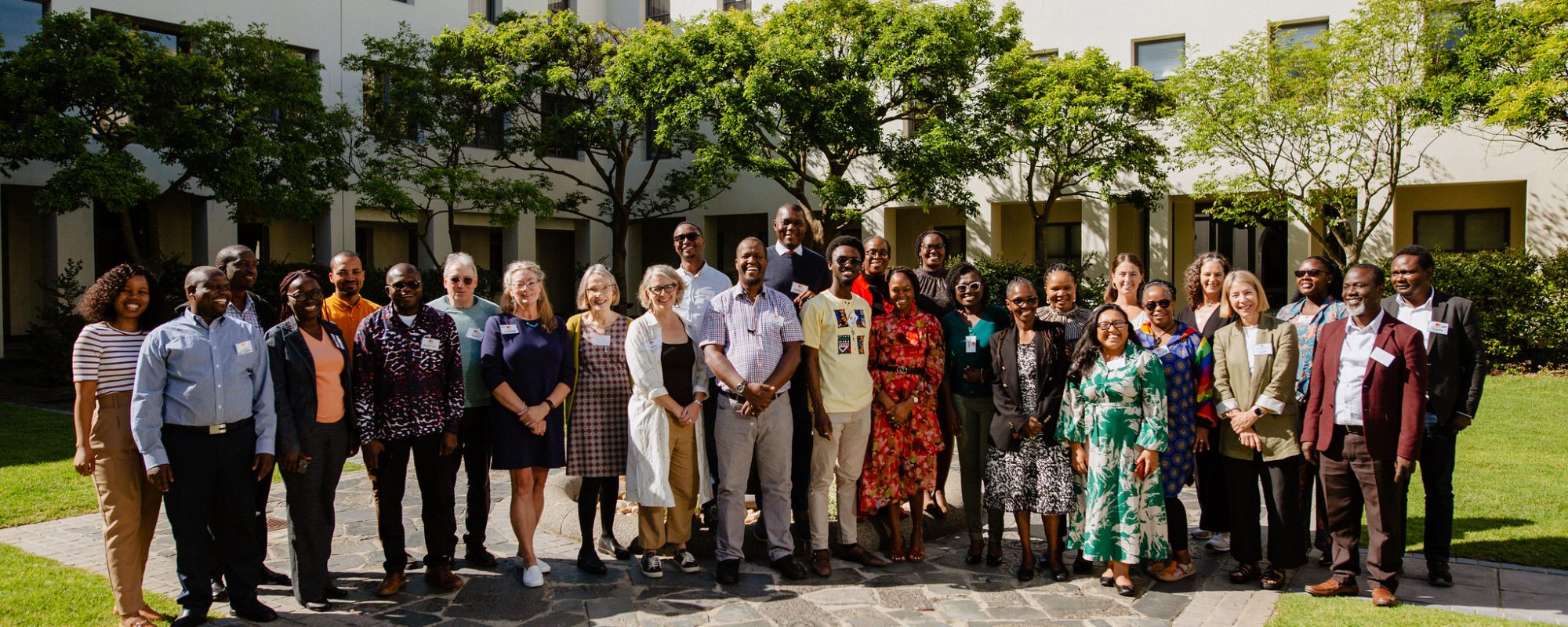
Our Partners
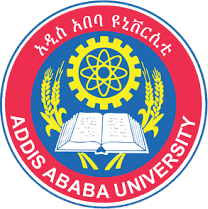

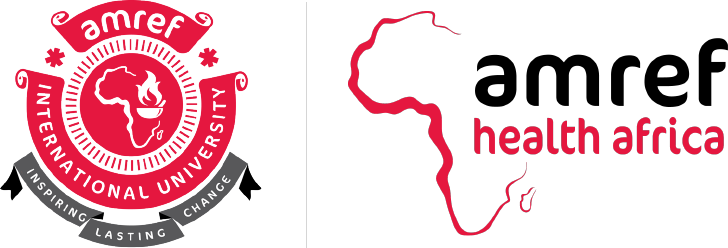

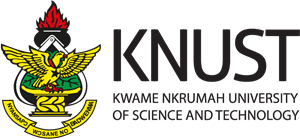
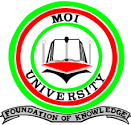

Organiser’s Details
For more information about the 2025 Convening please contact the organisers at:
- [email protected]
- +250 785 663 199
- [email protected]
- +250 783 482 308
